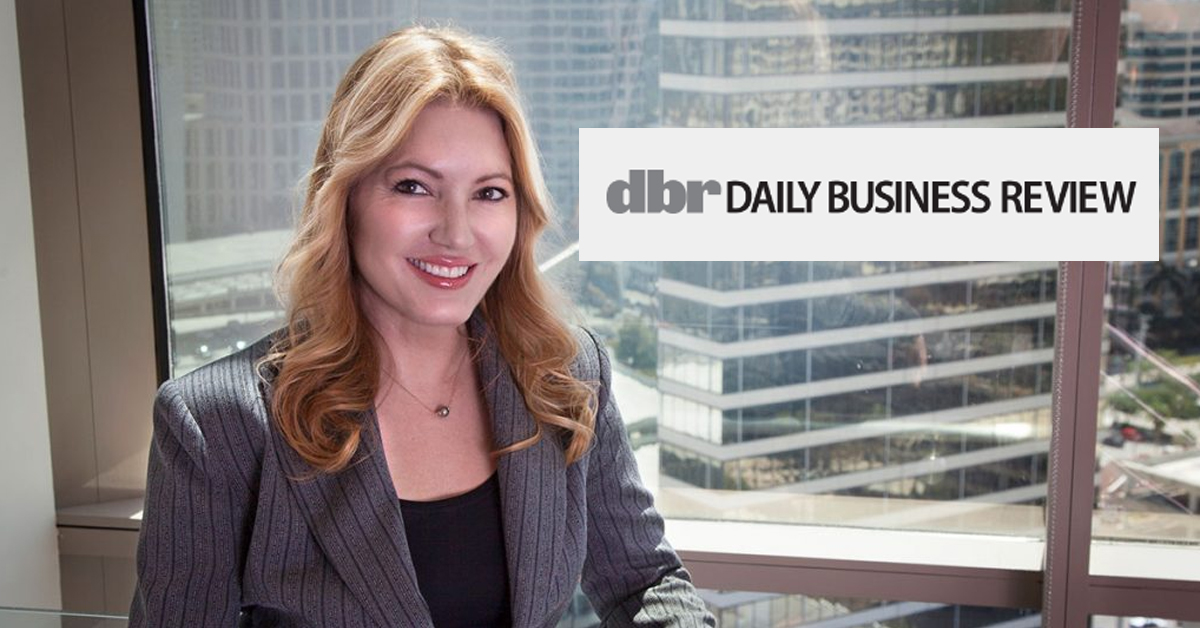 Many community association boards continue to be resilient and cautious in the face of ongoing pressure from some residents to open all amenities, hold in person meetings, allow unfettered access to the property, and act as if the COVID-19 pandemic is over. This pressure has only increased since Gov. Ron DeSantis issued his Phase 3 Reopen Emergency Order on Sept. 25.
Many community association boards continue to be resilient and cautious in the face of ongoing pressure from some residents to open all amenities, hold in person meetings, allow unfettered access to the property, and act as if the COVID-19 pandemic is over. This pressure has only increased since Gov. Ron DeSantis issued his Phase 3 Reopen Emergency Order on Sept. 25.
Far too many condominium, cooperative and HOA owners were led to believe that the governor’s order prevented their association boards from continuing to impose safety restrictions designed to stem the spread of COVID-19 transmission. This misconception is based upon the assumption that the obligation of the board to continue to protect the safety and welfare of the residents was reliant solely on governmental restrictions. This duty of the board existed before the pandemic and will continue thereafter. The governor declaring a state of emergency triggers statutory emergency powers for boards and we remain under a state of emergency as of this writing. Even if the governor does not extend the state of emergency, those powers remain in effect as long as reasonably necessary.
Despite the tenacity many boards exhibited over these last seven months, the holidays present unique challenges that could cause even the best intentions to weaken. Florida’s population swells each year in the winter as seasonal residents return to our state, and increases even further as families and friends gather for the holidays. Boards must be prepared for an influx of visitors, many of whom are coming from places with community spread. As we look at the national map, we’re seeing places like the Midwest struggle with climbing COVID numbers but the hotspots aren’t static and today’s stable area might be tomorrow’s hotspot. If our COVID numbers move in the wrong direction, our state and local governments could help by issuing orders that allow boards to safeguard community residents even if that means taking a few steps backwards to impose stricter restrictions or closures of recreational amenities. We may even see a return to government-ordered quarantine for visitors or returning residents from certain hot spots.
Most medical experts believe we are nowhere near the end of this pandemic. Therefore, even if the state of emergency is not extended by DeSantis after Nov. 3 when it is set to expire, Florida associations should continue to be cautious about allowing party rooms, clubhouses and any other portion of the common areas to be used for private holiday celebrations by residents and should be equally wary about holding any community parties that the association may have held in the past.
Some boards may decide that party rooms will not be available for private holiday events until the pandemic is behind us or a vaccine is readily available. Most will permit residents to host holiday gatherings in their homes, but there should be different approaches to private gatherings in a community of detached homes and those that occur in a multifamily building. Boards may want to pass a number of guest rules related to holiday gatherings which could include requiring out of town guests to have their temperatures taken, limiting the total number of guests per household and requiring all guests to wear facial coverings while in the common areas going to and from the residence in which the party occurs.
Courts generally give wide deference to board decisions under the business judgment rule. Beachwood Villas v. Poor, 448 So. 2d 1143 and Hidden Harbor Estates v. Norman, 309 So. 2d 180 both confirmed that rules are judged by a reasonableness standard. Once the board’s authority to pass certain rules is established, those rules must then be evaluated to determine whether they were the result of reasoned decision-making or arbitrary and capricious decision-making. It is difficult to imagine a trier of fact holding a rule designed to prevent the spread of a deadly virus to be capricious. However, we must recognize that “COVID fatigue” has already set in for many people and will only get worse as holiday plans are impacted.
Accordingly, it will be important to strike the right balance in bringing some much-needed holiday joy into your community while not exposing association residents and visitors to undue risks of transmission. Just as most associations have discouraged in person attendance and made use of technology to hold virtual meetings, the same careful approach must be applied to holiday gatherings this year.
Individual families will make their own decisions about holiday gatherings, but boards must consider the broader context and how best to protect residents and staff. The persistence of the virus has created a great deal of frustration in our communities and it would be easy to cave in to the pressure. However, to do so is to deny the reality of our collective circumstances and abdicate our duty to each other and, for our boards, their duty to protect and preserve the health and welfare of the residents and staff.
The best approach remains communicating with your owners and residents by sharing information, especially the information that forms the basis for continuing restrictions, and finding ways to use technology to facilitate participation in these discussions. The last thing you want to do is to go quiet in the midst of a health crisis.
Reprinted with permission from the Daily Business Review.